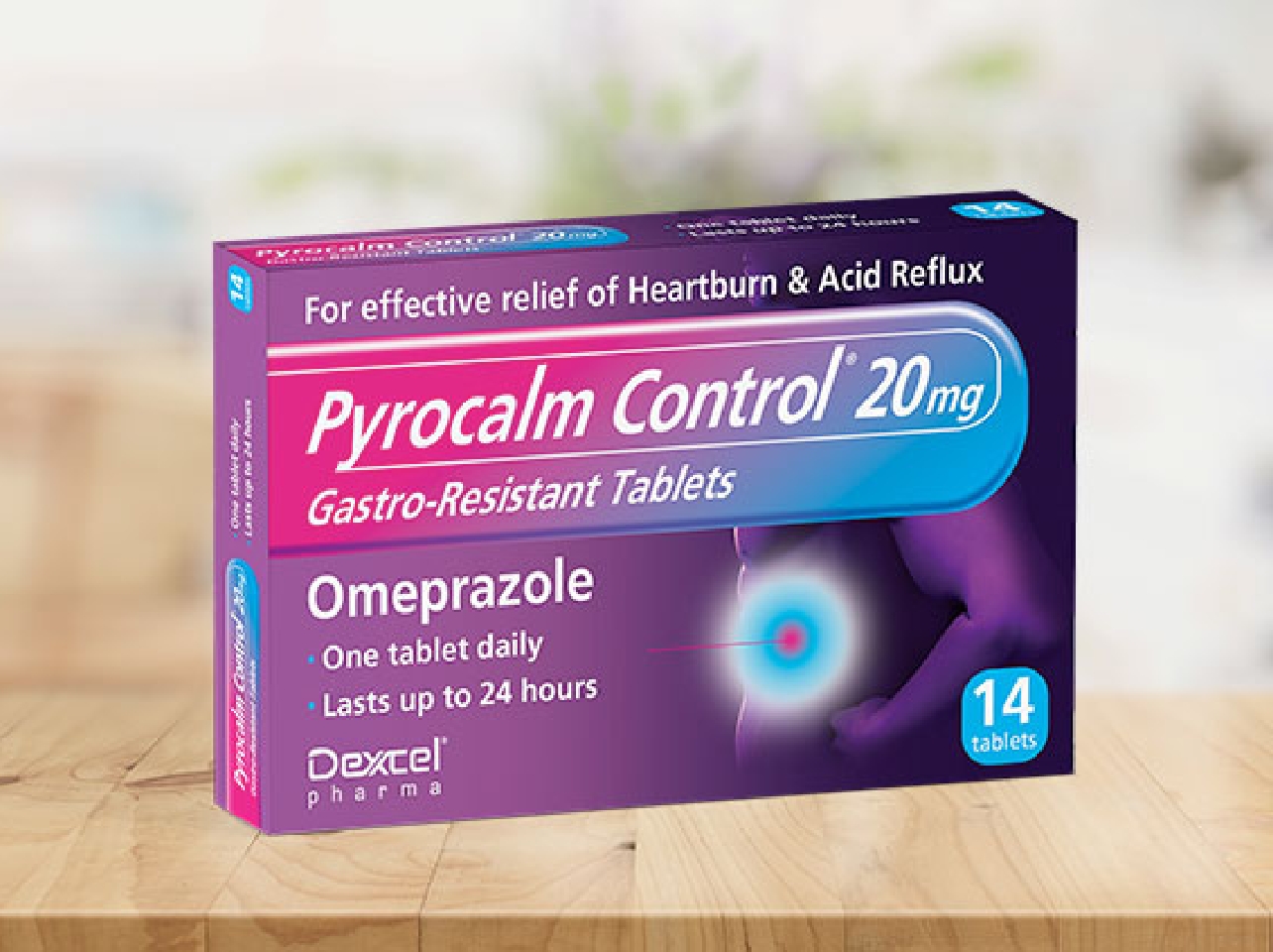What is silent acid reflux?
Acid reflux is common and many of us suffer from occasional heartburn caused by stomach juices containing digestive acids and enzymes flowing up the oesophagus (the gullet), causing a burning sensation in the middle of the chest and other heartburn related symptoms.3/4
Laryngopharyngeal reflux is a form of acid reflux where small amounts of stomach acid travel all the way to the throat (pharynx) and voice box (larynx).
Although the stomach lining can withstand these strong digestive acids, they can irritate these more sensitive areas3 and may even affect the back of the mouth and nose5.
It’s sometimes called silent reflux as many people with LPR don’t have the classic symptoms of heartburn making it harder to diagnose.2/4
The cause is not always clear and while it can be down to stomach issues or a problem with the sphincter muscle – the valve between the stomach and the oesophagus – it’s often due to lifestyle factors such as being overweight and smoking.4

What are the symptoms of silent acid reflux?
Silent reflux symptoms can vary and some can be mistaken for other conditions, such as allergies or sinusitis.6 Common silent acid reflux disease symptoms include:5 The cause is not always clear and while it can be down to stomach issues or a problem with the sphincter muscle – the valve between the stomach and the oesophagus – it’s often due to lifestyle factors such as being overweight and smoking.4Silent acid reflux diet
Diet and lifestyle changes can help to reduce reflux symptoms.5
A silent acid reflux diet is based on the same advice for those who suffer from classic heartburn and indigestion symptoms:5
- Avoid fatty and spicy food4
- Avoid or reduce alcohol, particularly wine and spirits
- Avoid or reduce your caffeine intake as well as citrus juice, highly acidic drinks and fizzy drinks
- Eat smaller meals more frequently rather than large meals and don’t rush meal times, eat slower and chew every mouthful well.4
Lifestyle changes can make a difference in reducing the likelihood of silent acid reflux.
Smoking can be a factor in acid reflux as the chemicals in cigarettes can relax the sphincter muscle which increases the risk of reflux.5
Being overweight can put extra pressure on the stomach so losing weight can help.5
Try not to wear tight fitting clothes, especially around the waist.5
Don’t eat too close to bedtime – aim to eat at least three hours beforehand – and don’t lie down straight after eating as this can allow the acid to rise up.5
The cause is not always clear and while it can be down to stomach issues or a problem with the sphincter muscle – the valve between the stomach and the oesophagus – it’s often due to lifestyle factors such as being overweight and smoking.4

What is the treatment for silent acid reflux?
If you think you have silent acid reflux you should speak to your GP.6 They are likely to recommend changes to diet and lifestyle alongside over the counter treatments to relieve symptoms such as antacids.4 They may also recommend stronger treatments such as Proton Pump Inhibitors (PPIs) which work to help reduce the amount of acid the stomach makes.4 These include omeprazole, the main ingredient in Pyrocalm Control which is available over the counter without a prescription. Many people see improvements in their condition within a couple of months following treatment but it can take longer for voice and throat symptoms to be resolved.4References
1 https://heartburncanceruk.org/symptoms-related-conditions/laryngopharyngeal/?gad_source=1&gclid=Cj0KCQiA88a5BhDPARIsAFj595jEY7L6YIem2QfRH6rbmRHUzb07q9Q4RVRFzASdY6qQHAQ2xS8nLzkaAjb3EALw_wcB 2 https://refluxuk.com/education-hub/why-is-lpr-often-called-silent-reflux 3 www.uhcw.nhs.uk/download/clientfiles/files/Patient%20Information%20Leaflets/Surgical%20Services/ENT/Laryngopharyngeal%20reflux.pdf 4 www.oxfordhealth.nhs.uk/wp-content/uploads/2023/02/Reflux-and-your-voice.pdf 5 www.nhsfife.org/media/lyhb5fb3/reflux-information-leaflet.pdf 6 https://refluxuk.com/symptoms/lpr-symptomsLearn more about Pyrocalm Control
Pyrocalm Control 20mg Gastro-Resistant Tablets (omeprazole) are used in adults for the short-term treatment of reflux symptoms (e.g. heartburn, acid regurgitation, acid reflux).










